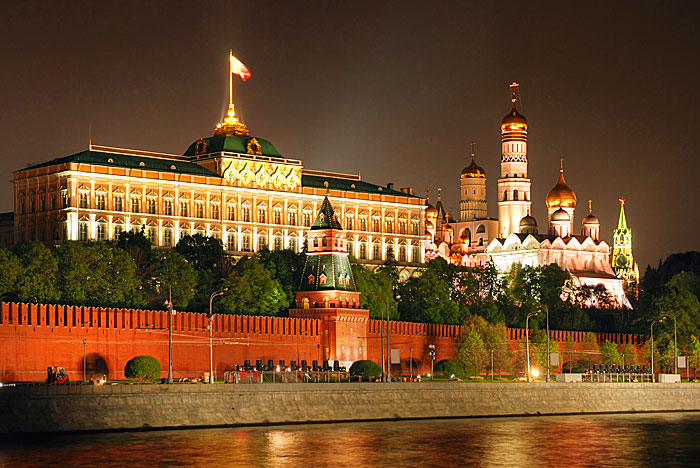
While an answer to the mystery of Russian cyber successes and failures in and around Ukraine is beyond the scope of this report, the case is nonetheless instructive, underlining the importance of understanding how Russian cyber operations are governed. In this, as in much else, the Kremlin greatly miscalculated. The Kremlin wanted the invasion to play out as a “special operation” (in the Kremlin’s words), not a conventional military offensive. Or it may be that Russia did not use its offensive cyber capabilities because the Kremlin interfered in every aspect of the preparation of the war, from military planning to cyber activities. It may be that Ukrainian cyberspace proved to be much better protected than some thought.

Reality, however, has played out differently.Įxactly why cyber has not been a consequential front in Russia’s invasion of Ukraine is unknown.

Indeed, Russia has extensive and formidable cyber capabilities. Even before Russian troops invaded Ukraine in February, many experts in the West, in Ukraine, and in Russia believed Moscow would use cyberattacks to inflict major damage on Ukraine prior to or after the start of the military offensive.


 0 kommentar(er)
0 kommentar(er)
